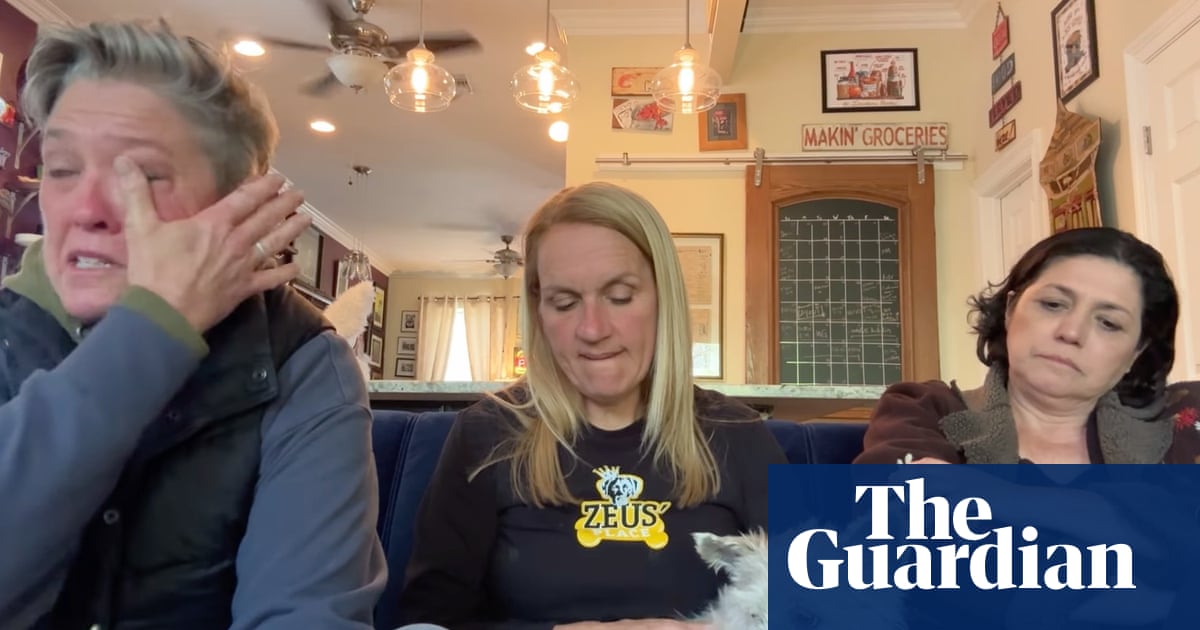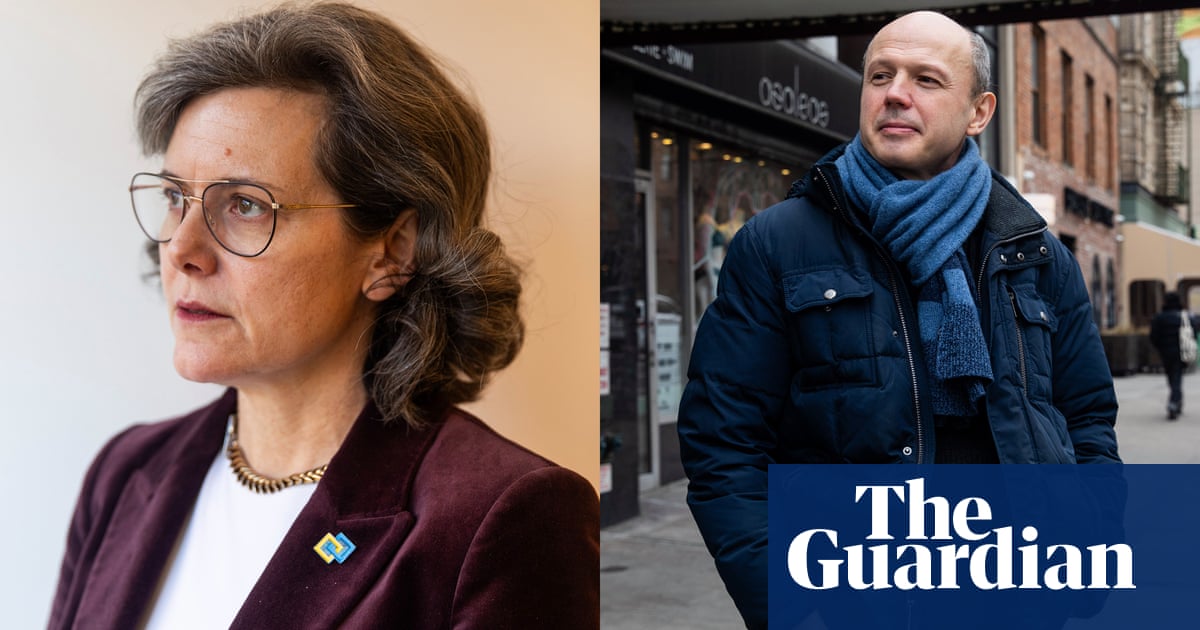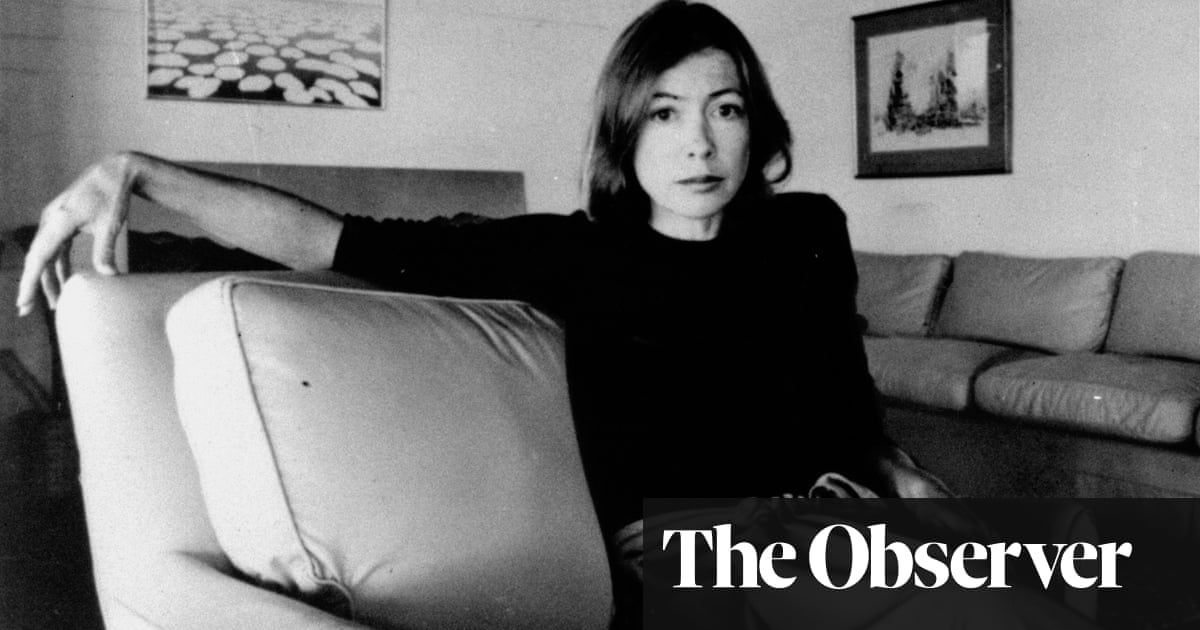MPs will be placing the country on a “slippery slope towards death on demand” if they back legislation on assisted dying in England and Wales this week, the lord chancellor and justice secretary, Shabana Mahmood, has said in a letter to constituents before a historic Commons vote on Friday.
Mahmood has received numerous letters about the bill from people in her Birmingham Ladywood seat, which has a big Muslim population, and sent out replies saying that she was “profoundly concerned” about the legislation, not only for religious reasons but also because of what it would mean for the role of the state if one of its functions became helping people to die.
“Sadly, recent scandals – such as Hillsborough, infected blood and the Post Office Horizon – have reminded us that the state and those acting on its behalf are not always benign. I have always held the view that, for this reason, the state should serve a clear role. It should protect and preserve life, not take it away. The state should never offer death as a service.”
She continued: “It cannot be overstated what a profound shift in our culture assisted suicide will herald. In my view, the greatest risk of all is the pressure the elderly, vulnerable, sick or disabled may place upon themselves.
“Faced with expensive or insufficient care, some may feel they have become too great a burden to their family, friends and society at large. In doing so, they would not be choosing death because that is what they want for themselves but because they think that others might want it for them.”
She added: “We must never accept the wrongful deaths of some in exchange for the desired deaths of others. That line, once crossed, will be crossed for ever.
“The right to die, for some, will – inexorably and inevitably – become the duty to die for others. And that is why I will be voting against this bill.”
Mahmood, a barrister, also criticised the lack of legal safeguards in the bill. “The provisions in relation to coercion are particularly weak. The bill seems to prevent someone being pressured into ending their life by those acting with malign intent. But it is silent as to how this should be done, setting no test by which evidence will be assessed or how a judge will be expected to carry out this work.”

Mahmood has previously made clear that she will vote against the bill. But her latest, more hard-hitting attack on it will be seen as ignoring calls from Keir Starmer for his ministers to stay neutral in the heat of the debate.
Mahmood’s intervention means that both the justice secretary and the health secretary, Wes Streeting, now stand opposed to it.
Government insiders said on Saturday night that this could create real problems if the bill were to pass into law.
“We would have the justice and health secretaries – who would be key to its implementation – both opposed to a major piece of social legislation. It is difficult to see how that works.”
Streeting has made clear that he is opposed to the bill, saying it could have cost implications for the NHS and lead to someone with a terminal diagnosis choosing to end their life early as a way of saving the NHS money.
Asked by the Observer about Mahmood’s letter and whether she was ignoring the call by the cabinet secretary, Simon Case, for senior ministers to remain neutral, a source close to the justice secretary said: “It is the case that she has been deluged with letters and that she has replied to them.”
after newsletter promotion
Friends of Mahmood also said she wanted to remain in her cabinet job. even if the bill passed all its parliamentary stages and went onto the statute book.
If adopted, the terminally ill adults (end of life) bill would make it legal for over-18s in England and Wales who have mental capacity and are expected to die within six months to be assisted to end their life.
They would have to be assessed by two independent doctors and have the decision signed off by a high court judge. A separate bill is under discussion in Scotland.Government sources said they expected the bill to pass at second reading on Friday (29 November), after soundings by party whips on all sides of the House suggested there would be majority support. One senior government figure said: “I think the opponents have shouted louder but would expect it to go through.”
If the bill is passed on Friday, it would then be considered for several weeks in committee, where any concerns about lack of safeguards would be considered. MPs would then have the chance to vote again at report stage and third reading, which will not be until April next year at the earliest.

In a letter to the Observer, a group of eminent lawyers counter Mahmood’s criticisms and come out in strong support of the bill. They include former lord chancellor and secretary of state for justice Charles Falconer, two former directors of public prosecutions, Ken Macdonald and Sir Max Hill, and Alex Goodman KC, the joint head of public law at Landmark Chambers.
They state: “The bill will protect the vulnerable and the sanctity of life much more effectively than our current law. It will allow terminally ill people in the last six months of their life to make free, informed and settled decisions about their end of life through a robust process involving two doctors and a judge.”
In a separate letter to the Observer, faith leaders join forces to oppose the bill. Signatories include Sarah Mullally, bishop of London, Cardinal Vincent Nichols, archbishop of Westminster, and the chief rabbi, Ephraim Mirvis.
They write: “Part of the role of faith leaders in communities is to provide spiritual and pastoral care for the sick and for the dying. We hold the hands of loved ones in their final days, we pray with families both before and after death. It is to this vocation that we have been called, and it is from this vocation that we write.
“Our pastoral roles make us deeply concerned about the impact the bill would have on the most vulnerable, opening up the possibility of life-threatening abuse and coercion. This is a concern we know is shared by many people, with and without faith.”

 3 months ago
52
3 months ago
52













































